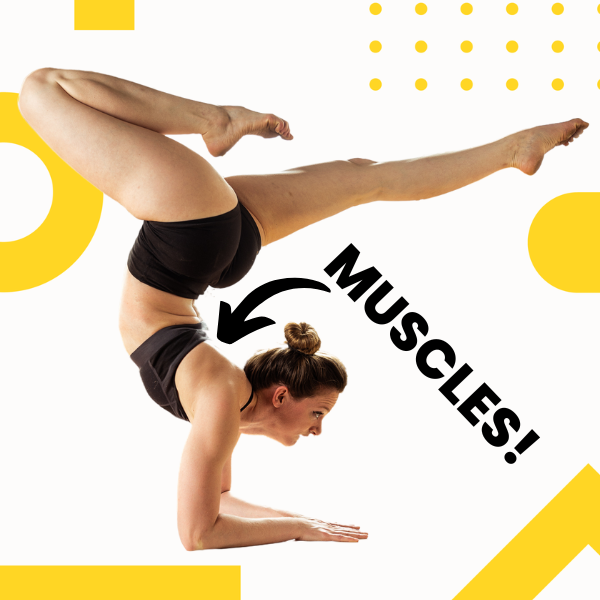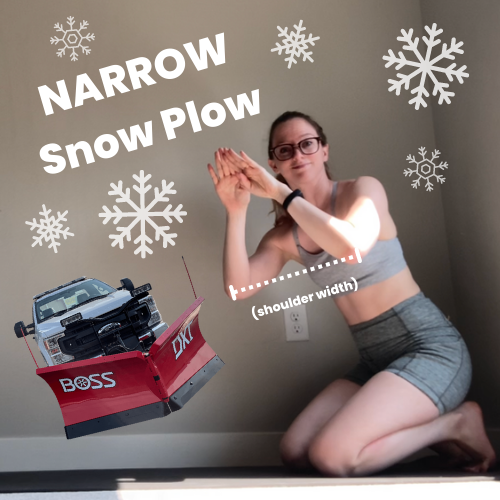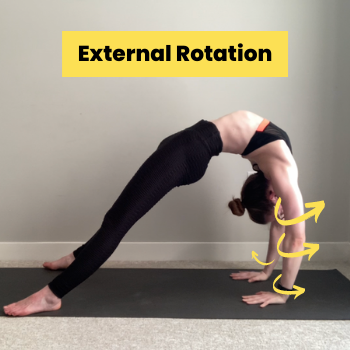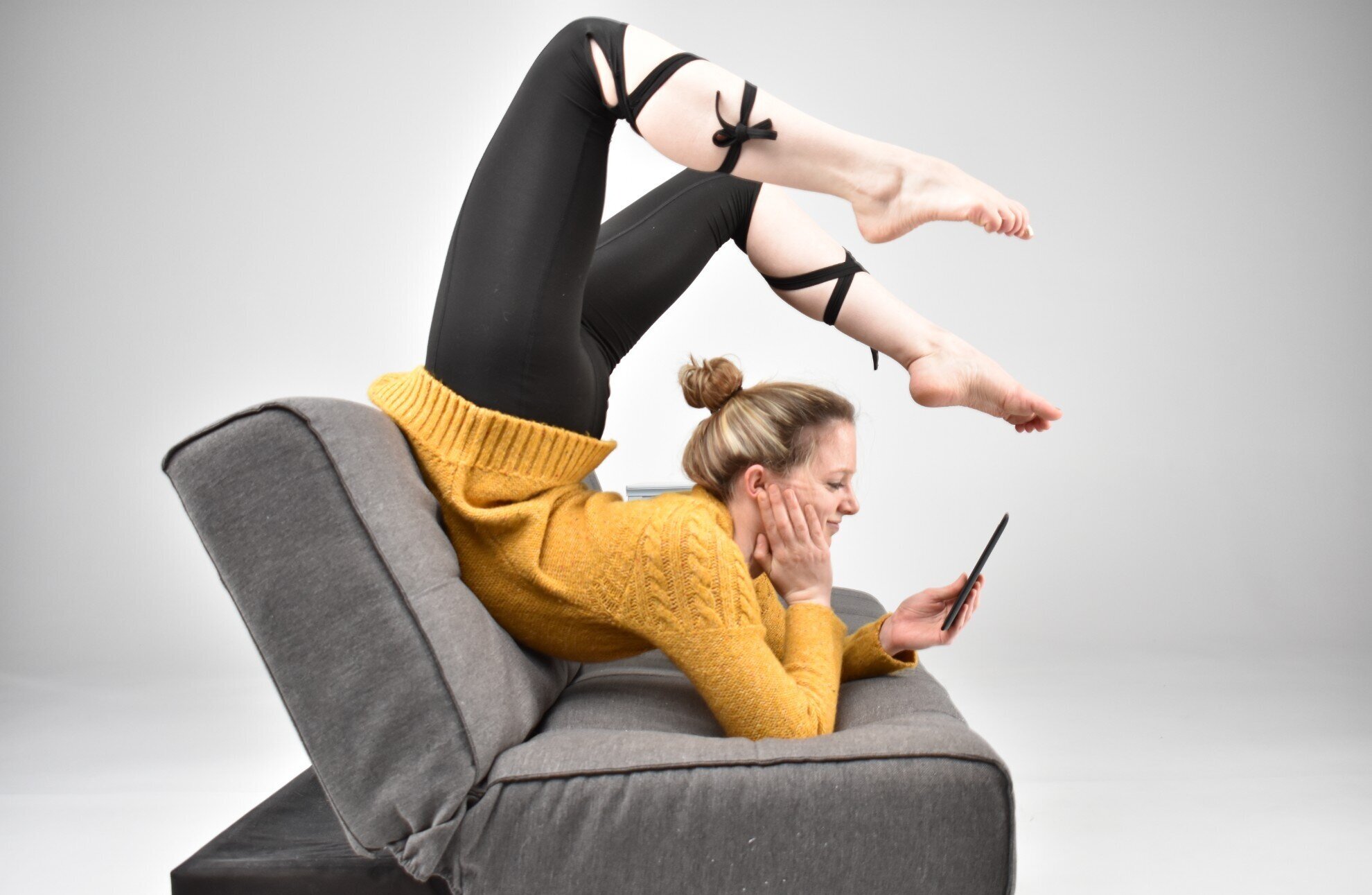TIPS, TRICKS & HOW-TOs
The Bendy Blog: Flexibility Training Articles
Filter posts by topic:
All Posts / Bridges / Contortion / Front Splits / General Back Flexibility / General Flexibility Tips / General Lower Body Flexibility / Middle Splits / Neurodynamics / Shoulders / Straddles / Yoga /

Shoulder Conditioning for Contortion Forearm Stands
Whether you’re just starting to work on inversions like forearm stands and handstands, or have been practicing for some time but need help learning to balance, working on strengthening your shoulders - especially your good ol’ rotator cuff - will be a big help in stability and feeling controlled in these poses.

3 Ways to Get into a Wall-Supported Forearm Stand (Pincha Pose)
Forearm stands are one of my favorite contortion shapes (because they are so fun to balance and there are lots of “options” for styling with your legs!) - but they can be daunting to try to tackle if you’ve never trained them before. That’s where learning some safe progressions can help build up your shoulder strength and flexibility, and your own confidence with supporting your body weight in this pose. These are 3 variations of forearm stands I like to work on with “begintermediate” students who are starting to work on forearm stands (similar to pincha mayurasana in yoga) for the first time.

The Importance of “External Shoulder Rotation” in a Backbend
Shoulders can be a confusing body part (ok body parts depending on how you want to define it!) - there’s a lot of different ranges of motion they can move. That’s why it’s so important to condition them and make sure they’re strong to support the multiple ranges of motion your movement discipline requires. For backbending and shoulder flexibility for things like a bridge (aka full wheel), forearm stand, or handstand, a common shoulder position to drill and strengthen is our external shoulder rotation to stabilize our shoulders and allow for a deeper bend in both the shoulders and upper back.

